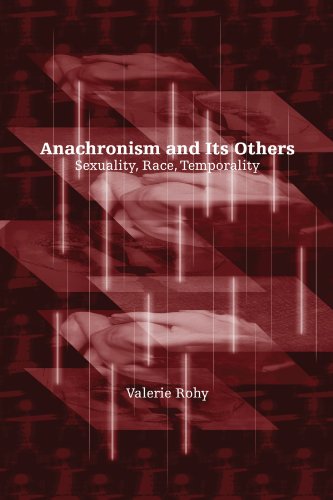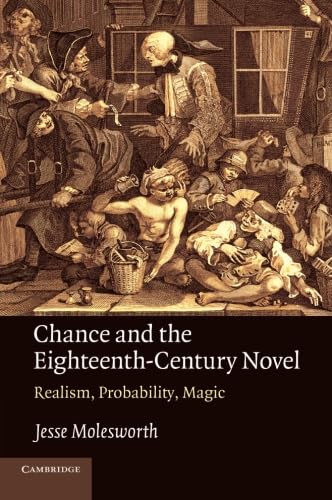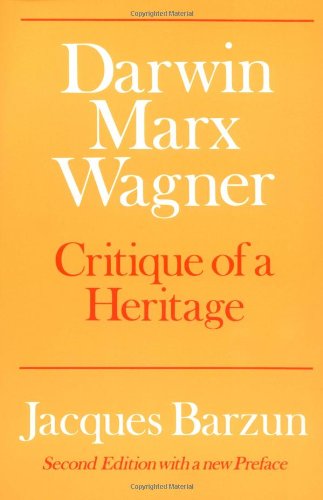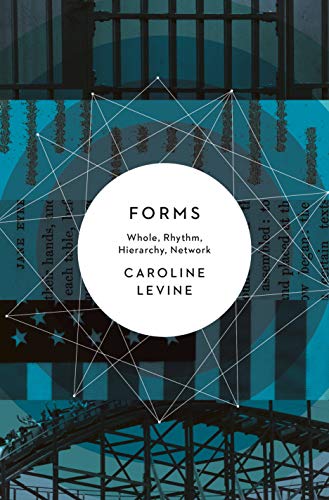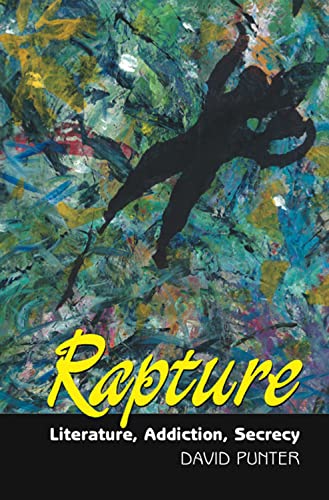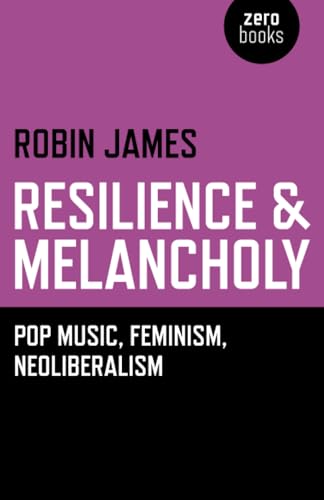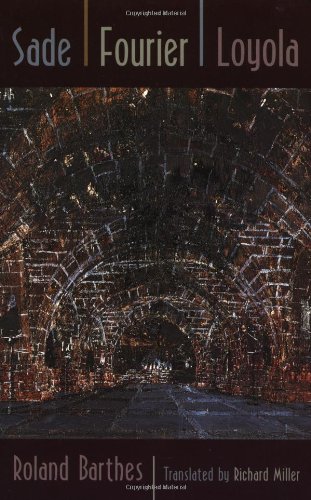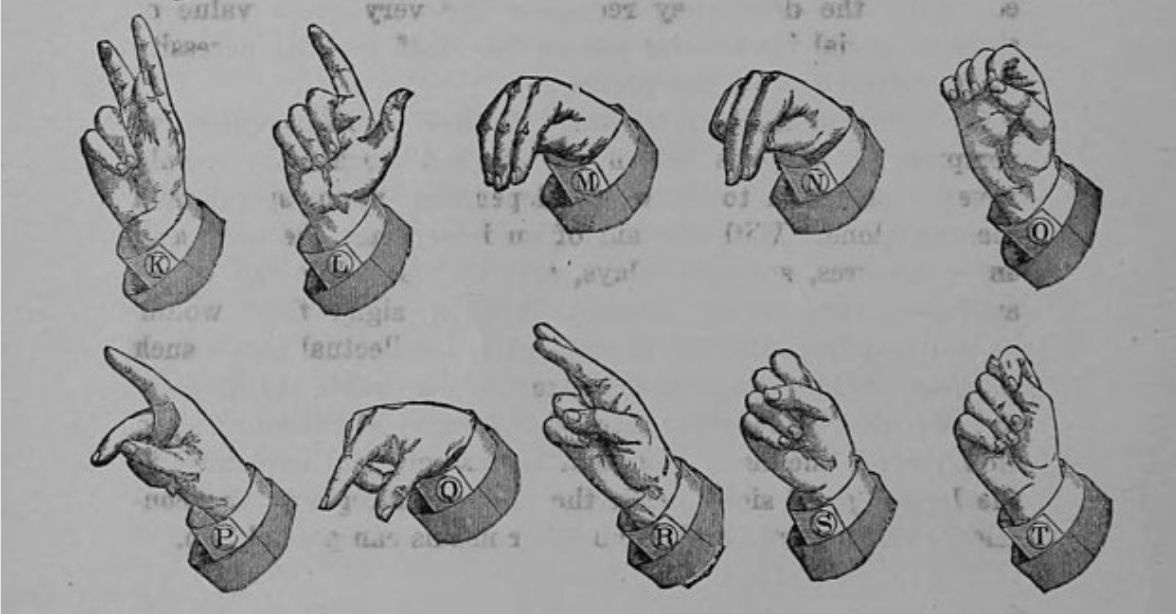 Various explanations could be offered for the runaway success of Elizabeth Gilbert’s 2006 memoir Eat, Pray, Love: One Woman’s Search for Everything Across Italy, India and Indonesia. One could note its deft blend of personal recovery narrative with the pleasures of travel literature; its post-New Age grappling with spiritual questions; and its feel-good empowerment message for divorced first-worlders. But a more technical detail should not be overlooked: namely, the book’s perfect deployment of the tripartite title form.
Various explanations could be offered for the runaway success of Elizabeth Gilbert’s 2006 memoir Eat, Pray, Love: One Woman’s Search for Everything Across Italy, India and Indonesia. One could note its deft blend of personal recovery narrative with the pleasures of travel literature; its post-New Age grappling with spiritual questions; and its feel-good empowerment message for divorced first-worlders. But a more technical detail should not be overlooked: namely, the book’s perfect deployment of the tripartite title form.
Eat, Pray, Love is a classic instance of the rhetorical figure of the isocolon, first defined by the Greek sophist Georgias — along with other such figures, some familiar (antithesis), some now less so (homoeoteleuton) — as part of his system of rhetorical composition. Greek for “of equal number of clauses,” isocolon is a rhetorical device that produces a sense of order by balancing parallel elements that are similar in structure and length within a sentence. An isocolon need not have three elements, but the requirement of parallel and balance means that it often takes a tripartite shape, technically called a tricolon. The most famous examples of tricolons are probably “veni, vidi, vici,” from Julius Caesar’s letter to the Roman Senate after achieving a quick victory in the Battle of Zela in 46 B.C., and the national motto of France, “Liberté, égalité, fraternité.” Caesar’s statement produces a sense of inevitable progress, and Eat, Pray, Love also achieves some of this effect, with Elizabeth Gilbert in the triumphant Caesar role: I ate, I prayed, I found love. And with Italy, India and Indonesia in the subtitle, Gilbert achieved tricolonic apotheosis.


 The tricolonic title form has long been a staple of pop songs — “Signed, Sealed, Delivered, I’m Yours” (Stevie Wonder); “Crying, Waiting, Hoping” (Buddy Holly); “Lovin’, Touchin’, Squeezin’” (Journey) — and of movies: The Good, The Bad and the Ugly; Sex, Lies, and Videotape. (A strict definition of the isocolon would exclude the latter as imbalanced, but Mark Forsyth opines in The Elements of Eloquence that “tricolons sound great if the third thing is longer,” as in “life, liberty, and the pursuit of happiness”). The human mind obviously enjoys lists, and the well-deployed tricolonic title can constitute a powerfully compressed narrative that raises questions only answerable by consuming the cultural object in question. What do the sex and lies have to do with the videotape? Do squeezin’ and touchin’ require lovin’, or are all three actions independent of one another?
The tricolonic title form has long been a staple of pop songs — “Signed, Sealed, Delivered, I’m Yours” (Stevie Wonder); “Crying, Waiting, Hoping” (Buddy Holly); “Lovin’, Touchin’, Squeezin’” (Journey) — and of movies: The Good, The Bad and the Ugly; Sex, Lies, and Videotape. (A strict definition of the isocolon would exclude the latter as imbalanced, but Mark Forsyth opines in The Elements of Eloquence that “tricolons sound great if the third thing is longer,” as in “life, liberty, and the pursuit of happiness”). The human mind obviously enjoys lists, and the well-deployed tricolonic title can constitute a powerfully compressed narrative that raises questions only answerable by consuming the cultural object in question. What do the sex and lies have to do with the videotape? Do squeezin’ and touchin’ require lovin’, or are all three actions independent of one another?
One classic version of the tricolonic book title takes the form of a brief list of names, as in Jacques Barzun’s 1941 Darwin, Marx, Wagner: Critique of a Heritage, or Douglas Hofstadter’s 1979 Gödel, Escher, Bach: An Eternal Golden Braid. In these instances, what may appear to be simple lists in fact offer a hint of irony or paradox in a less-than-obvious grouping: a question is raised (what does Johann Sebastian Bach have to do with the other two?) that the book will go on to answer.

 But a new kind of tricolonic title emerged in the 1970s, I would suggest, as a signature form of the new discourse of Theory. Roland Barthes and Jacques Derrida both made notable use of the tricolon: see Barthes’s Sade, Fourier, Loyola (1976) and Image, Music, Text (1977), and Derrida’s landmark post-structuralist essay “Signature Event Context” (1972). Michel Foucault’s 1977-8 lectures at the Collège de France, later collected in book form as Security, Territory, Population, also offer a paradigmatic example. The title was probably not Foucault’s own, as the book was published posthumously in 2004 — which in itself proves the point, however, that by the 21st century, this title form had become a marketing hook.
But a new kind of tricolonic title emerged in the 1970s, I would suggest, as a signature form of the new discourse of Theory. Roland Barthes and Jacques Derrida both made notable use of the tricolon: see Barthes’s Sade, Fourier, Loyola (1976) and Image, Music, Text (1977), and Derrida’s landmark post-structuralist essay “Signature Event Context” (1972). Michel Foucault’s 1977-8 lectures at the Collège de France, later collected in book form as Security, Territory, Population, also offer a paradigmatic example. The title was probably not Foucault’s own, as the book was published posthumously in 2004 — which in itself proves the point, however, that by the 21st century, this title form had become a marketing hook.
 I would guess that the primary influence on Barthes and Derrida’s titles were the titles of Martin Heidegger: The Fundamental Concepts of Metaphysics: World, Finitude, Solitude (1938); his 1951 essay “Bauen Wohnen Denken” (“Building Dwelling Thinking”); his 1971 collection Poetry, Language, Thought. (As with Foucault, some of these titles may not have been chosen by Heidegger himself). This Heideggerian, Barthesian, or Derridean tripartitle title form declines to pre-order its terms, offering them as a kind of puzzle for the reader. “Signature, Event, and Context” would, like Jared Diamond’s Guns, Germs, and Steel, more straight-forwardly suggest a linear sequence of important terms for the argument within the essay; “Signature Event Context,” however, compels attention by offering a gnomic, comparatively unmarked collection of terms. (The lack of commas intensifies this effect.) The title flaunts a certain blankness or withholding of affect, and enacts a cool decontextualizing, demanding that we abandon whatever associations we might already hold with its three terms “signature,” “event,” and “context,” in order to comprehend them more rigorously and dispassionately.
I would guess that the primary influence on Barthes and Derrida’s titles were the titles of Martin Heidegger: The Fundamental Concepts of Metaphysics: World, Finitude, Solitude (1938); his 1951 essay “Bauen Wohnen Denken” (“Building Dwelling Thinking”); his 1971 collection Poetry, Language, Thought. (As with Foucault, some of these titles may not have been chosen by Heidegger himself). This Heideggerian, Barthesian, or Derridean tripartitle title form declines to pre-order its terms, offering them as a kind of puzzle for the reader. “Signature, Event, and Context” would, like Jared Diamond’s Guns, Germs, and Steel, more straight-forwardly suggest a linear sequence of important terms for the argument within the essay; “Signature Event Context,” however, compels attention by offering a gnomic, comparatively unmarked collection of terms. (The lack of commas intensifies this effect.) The title flaunts a certain blankness or withholding of affect, and enacts a cool decontextualizing, demanding that we abandon whatever associations we might already hold with its three terms “signature,” “event,” and “context,” in order to comprehend them more rigorously and dispassionately.
Once one takes note of this kind of tricolonic title form, one starts to see it everywhere in the titles of scholarly books and articles, especially in the 21st century. Robin Wood’s “Ideology, Genre, Auteur: Shadow of a Doubt” and “Symmetry, Closure, Disruption: the Ambiguity of Blackmail,” both from Hitchcock’s Films Revisited (1989); Jennifer Fleissner’s Women, Compulsion, Modernity: The Moment of American Naturalism (2004); David Punter’s Rapture: Literature, Addiction, Secrecy (2009); Valerie Rohy’s Anachronism and Its Others: Sexuality, Race, Temporality (2010); Jesse Molesworth’s Chance and the Eighteenth-Century Novel: Realism, Probability, Magic (2010); Robin James’s Resilience & Melancholy: Pop Music, Feminism, Neoliberalism (2015). (And the prevalence of the tricolonic title offers an opportunity for a perhaps-inevitable form of one-upmanship, the tetracolonic title, as in Caroline Levine’s new Forms: Whole, Rhythm, Hierarchy, Network.) The undifferentiated tricolonic (or tertracolonic) title — especially lacking the “and” — now often implies an allegiance to Theory, a disinclination to pre-sort the terms of one’s argument, and a certain affectual withholding. The titles seem to say, offhandedly, “Here are some of the key terms of my argument; I won’t explain yet how they relate to one another.” I am not sure whether it should be seen as a coincidence, or a deeper-running irony of late capitalism, that such titles also serve as convenient collections of search terms, well-poised to capture online queries.
All of this leaves one question, difficult to answer definitively: should Journey’s “Lovin’, Touchin’, Squeezin’” now be recognized as containing an overlooked Heideggerian resonance?
